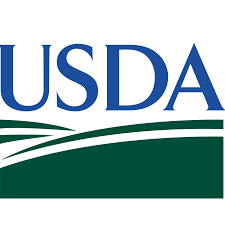
The U.S. Department of Agriculture’s (USDA) Food Safety and Inspection Service (FSIS) today announced that it is modernizing egg products inspection methods for the first time since Congress passed the Egg Products Inspection Act (EPIA) in 1970. The Egg Products Inspection Regulations final rule aligns the egg products regulations to be consistent with current requirements in the meat and poultry products inspection regulations.
“Requiring egg product plants to develop food safety systems and procedures similar to meat and poultry requirements is a significant milestone in modernizing our inspection system,” said FSIS Administrator Paul Kiecker. “FSIS is continuing to carry out its public health mission to prevent foodborne illness.”
Under the new rule, federally inspected egg products plants are required to develop and implement Hazard Analysis and Critical Control Points (HACCP) systems and Sanitation Standard Operating Procedures (SSOPs). FSIS will continue to test for Salmonella and Listeria monocytogenes (Lm) in egg products. FSIS requires that plants produce egg products that meet food safety standards and are edible without additional preparation and nothing in the final rule changes those requirements.
Under the HACCP system, plants will be able to tailor a food safety system that best fits their particular facility and equipment. Furthermore, by removing prescriptive regulations, egg products plants will have the flexibility and the incentive to innovate new means to achieve enhanced food safety.
In addition, FSIS will be assuming regulatory authority over egg substitutes and freeze-dried egg products, which pose the same risk as egg products and will be inspected in the same manner, enhancing the existing food safety system.
The agency has also realigned the regulations governing the importation and inspection of foreign egg products more closely with the regulations governing the importation of foreign meat and poultry products. FSIS will notify foreign countries of the regulatory changes. Countries that have ongoing equivalence and most countries that have requested initial equivalence for egg products already have HACCP implemented for egg products for their domestic products.






